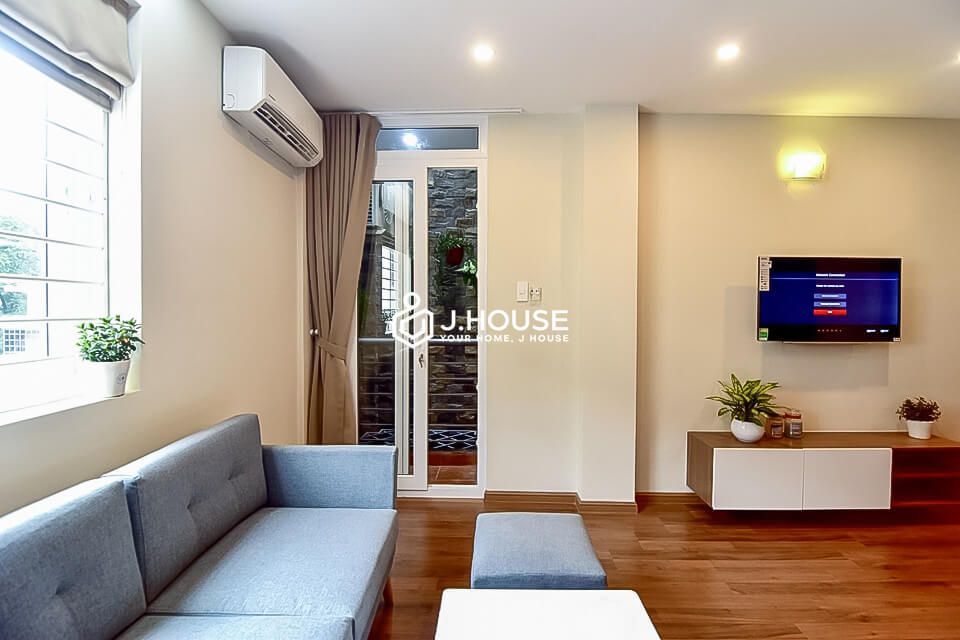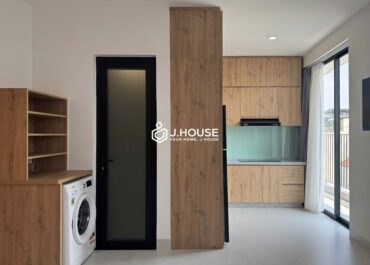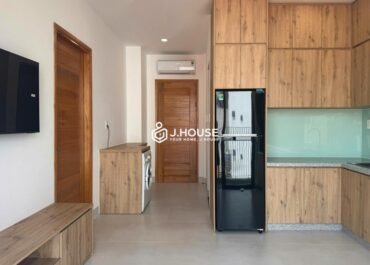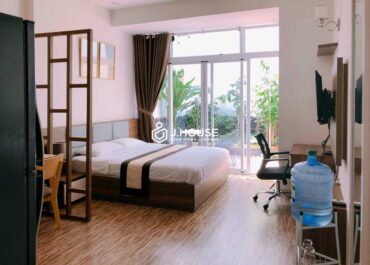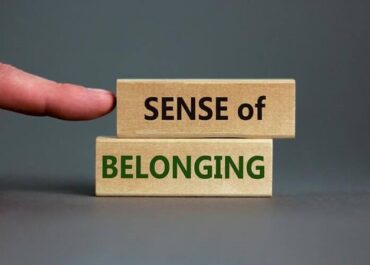Latest Properties
Long-Term Budgeting in Vietnam: Monthly Costs & Smart Saving Tips
Expat Budget Vietnam: Smart Monthly Planning & Saving Tips
Thinking of making Vietnam your long-term home? Long-term budgeting in Vietnam can make a world of difference if you plan smartly from the start. Between rent, daily meals, transport, and unexpected healthcare costs, it’s easy to lose track — especially when everything feels new.

But here’s the good news: Vietnam offers a rare mix of affordability and quality of life. With a bit of planning and the right mindset, you can stretch your money further without sacrificing comfort or enjoyment. Whether you’re living solo or supporting a growing family, understanding your financial flow is key to feeling settled and confident in your day-to-day life.
This guide breaks down real monthly expenses and offers practical tips to help you build a budget that fits your goals and lifestyle.
Let’s explore what it costs to live well — and wisely — in Vietnam.
Understanding the Cost of Living in Vietnam
Vietnam is famously affordable — but how affordable depends on where you unpack your bags and how you live your daily life. Major cities like Ho Chi Minh City and Hanoi come with modern conveniences and fast-paced lifestyles — but also higher price tags. In contrast, smaller cities such as Da Nang, Nha Trang, or more rural towns can offer significantly more budget-friendly options for expats.
To give you a clearer idea of what to expect, here’s a breakdown of estimated monthly costs for a typical expat living in Ho Chi Minh City:
| Expense Category | Estimated Monthly Cost |
| Rent (1BR apt, expat-standard) | $400–700 |
| Utilities & Internet | $50–100 |
| Food & Groceries | $200–300 |
| Transport (Grab, Bus, Bike) | $30–70 |
| Healthcare & Insurance | $50–150 |
| Leisure & Miscellaneous | $100–200 |
| Total | $830–1,520 |
While these numbers offer a general guide, your actual lifestyle choices can push your budget higher — or help you save big. Let’s explore each category and how you can optimize your spending.
Read more: Long-Term Living in Vietnam: A Settling Guide for Expats & Families
Housing: The Largest Piece of Your Budget
When it comes to monthly expenses in Vietnam, rent is usually the single biggest line on an expat’s budget — and the one with the most room for smart decisions.
Rental prices vary greatly depending on the city, district, and type of apartment you choose. For example, a one-bedroom unit in expat hotspots like Thao Dien or District 1 (HCMC) might cost $600–800/month, while more local areas like Binh Thanh or District 7 offer similar comfort for $400–600.

If you’re looking to reduce housing costs without sacrificing comfort, consider these smart strategies:
- Choose serviced apartments with included utilities for simpler budgeting.
- Share a home with roommates or opt for smaller units.
- Use platforms like JHouse to find verified, expat-friendly rentals.
By choosing wisely, your home can be both comfortable and cost-efficient — a solid foundation for long-term budgeting in Vietnam.
Utilities & Internet: Budget-Friendly and Reliable
Utilities are one of those hidden costs that can quietly eat into your budget — especially during Vietnam’s hot and humid seasons. Electricity, water, and high-speed internet are generally affordable here, but careless use (especially of air-conditioning) can drive up monthly expenses faster than you expect.
Smart tips to keep your bills in check:
- Use AC wisely — set it to 26–28°C and turn it off when leaving the room.
- Check if your rent includes electricity, water, or Wi-Fi — many serviced apartments do.
- Bundle mobile data and home internet plans through one provider to get better rates.
Keeping an eye on these small details helps you stay within budget and avoid unexpected monthly spikes — leaving more room for the things you love.
Food & Groceries: Where You Can Truly Save
For just $2, you can sit on a small roadside stool, slurp a flavorful bowl of phở, and soak in the street life — all while staying well within budget. Vietnamese street food is not just delicious — it’s one of the best ways to save money without missing out on culture.
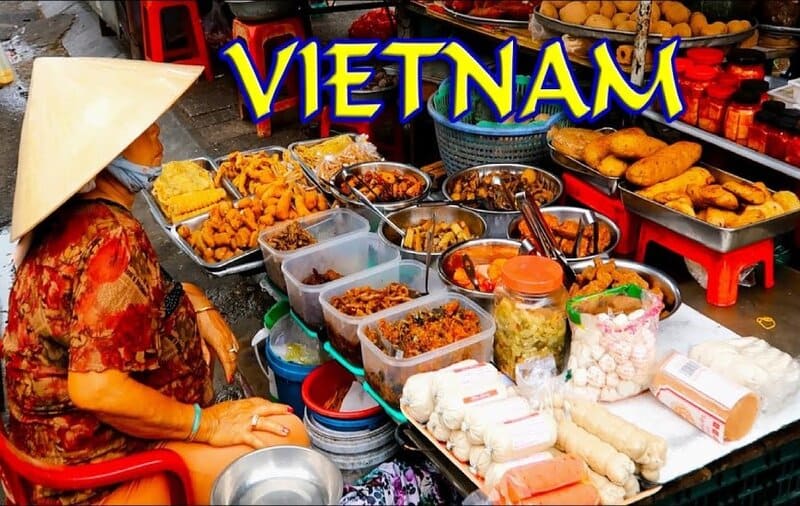
If you prefer to cook with fresh produce, it’s surprisingly affordable at local markets. Just be mindful: prices can double at international supermarkets, especially for imported goods.
Suggested budgeting:
- Street food & local meals: $100–150/month
- Groceries (local + imported): $100–150/month
Want to keep costs down without compromising on freshness? Try cooking at home and shopping at traditional markets, where you’ll find seasonal ingredients at unbeatable prices.
Transportation: Low-Cost & Flexible
Zipping through traffic on a motorbike might look like the ultimate Vietnam experience — and for many expats, it is. But before you jump in, consider the easier, low-cost alternatives. For new arrivals, busy traffic and unfamiliar road rules can make driving risky — which is why many choose ride-hailing apps or public transit instead.
Here’s what you can expect to spend on transportation each month:
- Grab rides within the city: $1–3 per trip
- Monthly fuel (if riding your own bike): $20–30
- Monthly Grab use: ~$50
- Public bus fare: ~$0.30 per ride
Want more savings and control? Consider investing in an electric bike or a monthly Grab Pass — both can help reduce commute costs over time while keeping things flexible and stress-free.
Healthcare & Insurance: Don’t Skip This
When you’re living far from home, peace of mind about your health becomes priceless — and in Vietnam, it’s easier to achieve than you might think. The country offers generally affordable healthcare, with high-quality private hospitals and clinics in major cities.
However, without the right insurance, even a short hospital stay or emergency procedure can drain your budget fast — especially if you rely on international-standard services.
Here’s a quick look at what common healthcare costs might look like for expats:
- International expat insurance: $50–150/month
- Out-of-pocket doctor consultations at local clinics: ~$20–40 (excluding tests or medication)
- Dental cleanings: ~$15–25
- Emergency care: $200–500+ (without insurance)

Tip: Look for a plan that includes both outpatient and emergency coverage — and always check the fine print before signing up. It’s a small step that can make a big difference when you need it most.
Read more: Healthcare in Vietnam for Expats: Insurance & Hospital Tips
Leisure, Fitness & Personal Expenses
Living in Vietnam doesn’t mean cutting out the fun — in fact, you might enjoy more for less. A night out with drinks might cost just $10–15, while gym memberships start at $20 for local spots and go up to $60+ at international-standard clubs. Personal care is also wallet-friendly by Western standards — think $5 haircuts or $10 massages.
Most expats spend between $100–200 per month on lifestyle extras — but that number depends entirely on your habits. Yoga in the park? Free. Imported wine every weekend? Not so much.
Find your balance by mixing free local pleasures — like riverside walks, local festivals, or public workouts — with the occasional splurge that truly brings you joy.
Budgeting Tips for Expats in Vietnam
Ready to take control of your finances? Here are five practical steps to help you budget smarter — and live better — in Vietnam.
1. Track Every Đồng – Awareness Is Everything
Use apps like Spendee, Money Lover, or even a simple Google Sheet to log all expenses for the first 2–3 months. You can’t fix what you don’t track.
2. Set Spending Limits by Category
Try the 50/30/20 rule:
- 50% for essentials (rent, food, transport)
- 30% for lifestyle (fun, shopping)
- 20% for savings and emergency funds
3. Use Vietnamese Banking Wisely
Opening a local bank account reduces transaction fees and simplifies everyday payments. Local banking makes things like Grab rides, QR shopping, and rent transfers smoother. Consider Vietcombank, ACB, or TPBank.
Read more: Open a Bank Account in Vietnam: A Guide for Expats
4. Plan for Emergencies
Set aside at least 3 months of living expenses — especially if you’re on a short-term visa or freelance income. It’s your cushion against the unexpected.
5. Set Savings Goals
Whether you’re saving for travel, family, or business investment, give each goal a monthly target. A clear goal turns saving from a chore into motivation.
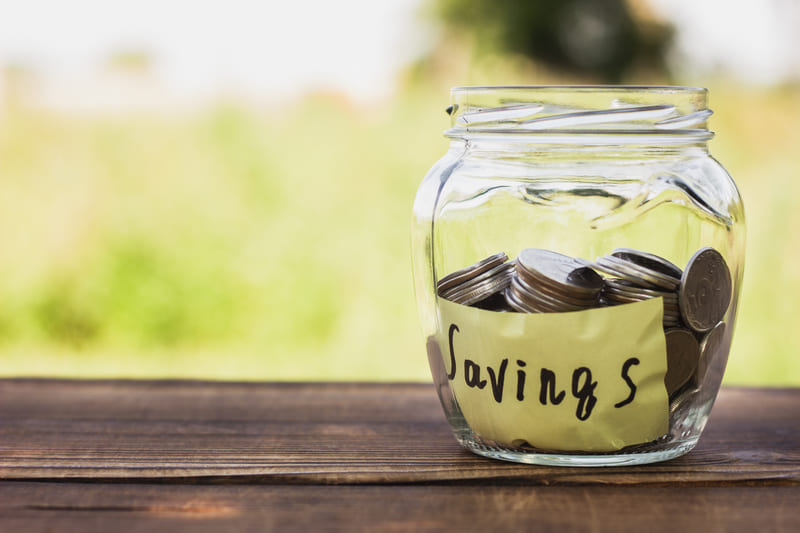
Living on a Budget vs. Living Well
Living well on a budget isn’t just possible in Vietnam — it’s surprisingly easy if you know where to look. Many expats wonder: Can I enjoy life here while keeping my spending in check? The answer is a confident yes — as long as you plan mindfully and make conscious choices.
Vietnam gives you more than just affordability — it offers a lifestyle where comfort, culture, and connection all come without the hefty price tag. You can enjoy quality healthcare, modern housing, vibrant local food, and meaningful experiences at a fraction of what you’d pay in many Western countries.
With the right mindset and a flexible plan, you don’t have to choose between saving money and living meaningfully — you can do both.
Sample Monthly Budgets (in USD)
Not sure where your budget might land? Here’s a rough breakdown based on lifestyle and location — from minimalist living to full-on family life:
| Lifestyle Type | HCMC Budget | Mid-size City (e.g., Da Nang) |
| Minimalist Digital Nomad | $700–900 | $600–800 |
| Working Professional | $1,000–1,400 | $850–1,100 |
| Expat Family (2+ kids) | $2,000–3,000 | $1,500–2,300 |
These estimates are flexible — so feel free to adjust them based on your priorities, preferences, and stage of life in Vietnam.
(Note: These ranges don’t include personal travel, international school fees, or premium insurance plans.)
Pain Points to Avoid
Even the most careful expats can slip up — especially when adjusting to a new culture, currency, and pace of life. Here are a few common pitfalls to watch out for:
- Underestimating visa/travel costs — flights, visa runs, and renewals can quietly eat into your savings
- Not including healthcare — skipping insurance or medical budgeting can backfire when the unexpected hits
- Over-relying on imported products — everyday items like cheese, wine, or shampoo can cost double or more
- Losing track of daily cash spending — small street purchases add up fast when you’re paying in notes, not clicks

Spotting these early helps you stay in control — and make confident financial decisions throughout your time in Vietnam.
Final Thoughts: Build a Life, Not Just a Budget
Budgeting wisely isn’t about restriction — it’s about intention. Long-term budgeting in Vietnam isn’t just about cutting costs — it’s about building a lifestyle that supports your goals, values, and wellbeing.
From choosing a cozy apartment in the right neighborhood to enjoying street food nights and weekend trips, your money can work for your happiness — not just your survival. With thoughtful planning and a few local insights, Vietnam can be not only a place to live — but a place to truly thrive.
Let JHouse be your trusted partner in building a vibrant and fulfilling long-term life in Vietnam.
JHouse Content Team
The in-depth content development team on housing services for foreigners & Vietnamese in Vietnam. The content is simple, easy to understand, and logically arranged to bring readers useful topics and information from real experiences.







